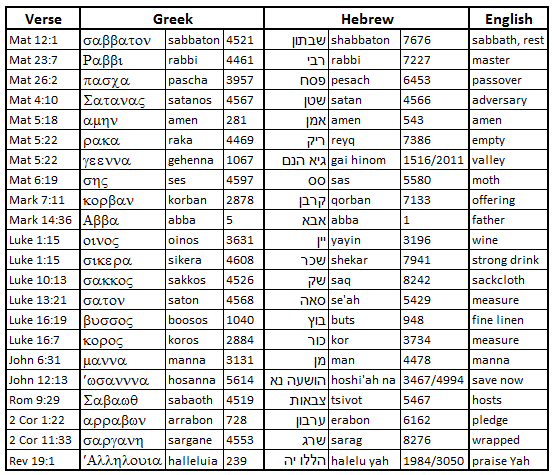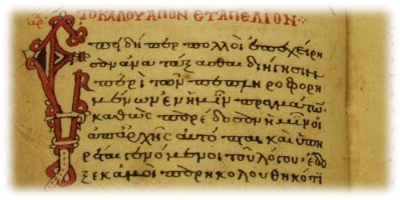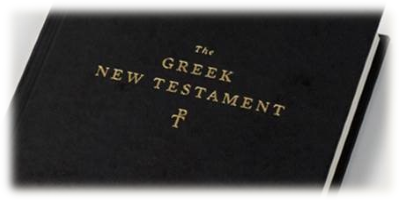Contained within the Greek text of the New Testament are many Hebrew words and phrases that have been transliterated from the Hebrew language into the Greek language. While many of these have been described as being "Aramaic," there is no textual evidence to suggest that these are Aramaic rather than Hebrew, as the Aramaic and Hebrew language are very similar.
In the book of Matthew is the phrase Eli eli lama sabachthani (27:46). This is a Greek transliteration of the Hebrew phrase אלי אלי למה שבקתני (eli eli lama shavaqtani), which means "my God my God why have you left me." The first word is the word eli, which is the word el (Strong's #410), meaning God, with the suffix "i" meaning "my." The second word is the same as the first. The third word is the word lamah, which is the Hebrew word mah (Strong's #3964) meaning "what" with the prefix "l" meaning "to." Combined, this means "to-what" or "why." The fourth word is the verb shavaq (While this Hebrew word does not appear in the Hebrew Bible, its Aramaic counterpart does and is identified as Strong's #7662) meaning "to leave." The suffix "t" identifies the subject of the verb as "you" and the suffix "niy" identifies the object of the verb as "me" - you leave me.
Another example from the book of Matthew (12:5) is the word σαββατον (sabbaton, Strong's #G4521), which is a Greek transliteration of the Hebrew word שבתון (sabbaton, Strong's #H7676). This Hebrew word means "Sabbath" or "Rest."
In Mark 7:11 we find the Greek word κορβαν (korban, Strong's #G2878), which is the Greek transliteration of the Hebrew word קרבן (qorban, Strong's #H7133). This Hebrew word means an "offering."
Below is a chart with all of the Hebrew words that are transliterated into Greek in the New Testament.


Like what you’re discovering? Continue the journey from Bible reader to translator.
|






